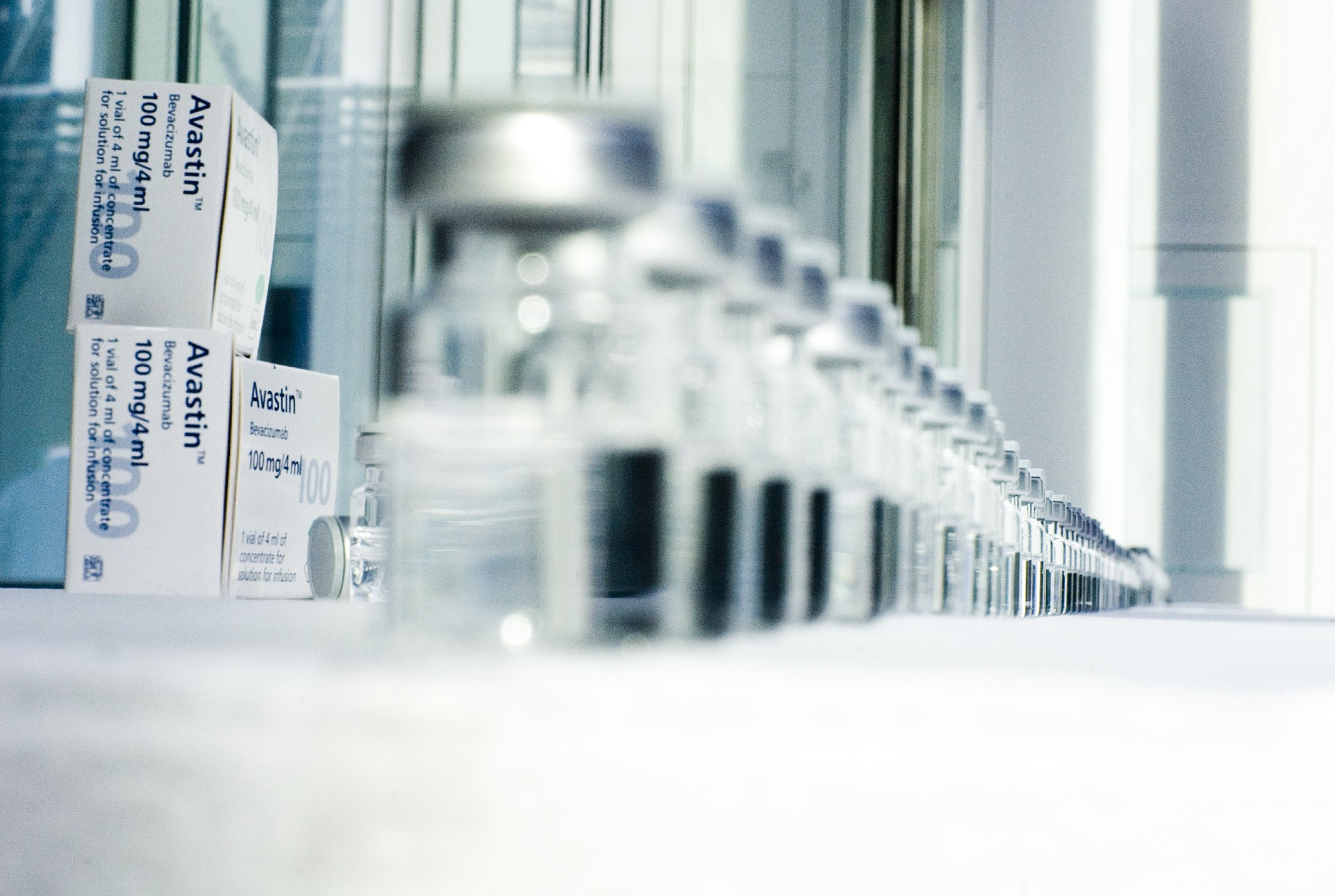Amgen and Allergan's Avastin biosimilar could face EU delay

Amgen and Allergan’s biosimilar of Roche’s cancer blockbuster Avastin has been approved in the EU, but there could be a four-year wait before the drug makes it to the market.
The patent protecting Avastin (bevacizumab) expires in 2022, and there is no word yet from either company about whether they plan to challenge it.
But the approval of the biosimilar, branded as Mvasi, does give the option of a launch should the companies find any weaknesses in the legal protection surrounding Avastin.
Avastin is one of Roche’s “big three” biologic drugs and generated sales of almost $6.8 billion in 2016 – around the same level as breast cancer drug Herceptin, while MabThera/Rituxan for blood cancer and inflammatory diseases had sales of around $7.3 billion.
Avastin also accounts for a significant chunk of a of a 2 billion euro saving opportunity from biosimilars in European healthcare over the coming years, according to an analysis by IQVIA.
The FDA approved Mvasi last month, where Avastin has patent protection until next year, and the companies are currently engaged in a legal battle over when the biosimilar can be launched in the US.
An EU licence covering all 28 member states was almost a formality following backing by the CHMP regulatory committee in November.
The licence for Mvasi covers six cancer types including colon, rectum, breast and lung cancer.
A range of other companies are also developing Avastin biosimilars – Samsung Bioepis and Merck’s SB8 is in phase 3 trials, while Boehringer Ingelheim reported positive results from a phase 3 trial of its BI 695502 in late 2016.
Pfizer is also trying to get in on the act and began a phase 3 lung cancer trial of its biosimilar Avastin, PF-0643535 in early 2015.
Sean Harper, executive vice president of research and development at Amgen, said: "Mvasi is the first targeted cancer biosimilar from Amgen's portfolio approved in Europe, underscoring our commitment to delivering high-quality medicines that address some of the most serious illnesses."
Biosimilars are near-copies of biologic drugs, approved by a special pathway showing their equivalence to the originator drug. They are sold at a discount, but not the rock-bottom prices associated with generics.
Photograph courtesy of Roche











